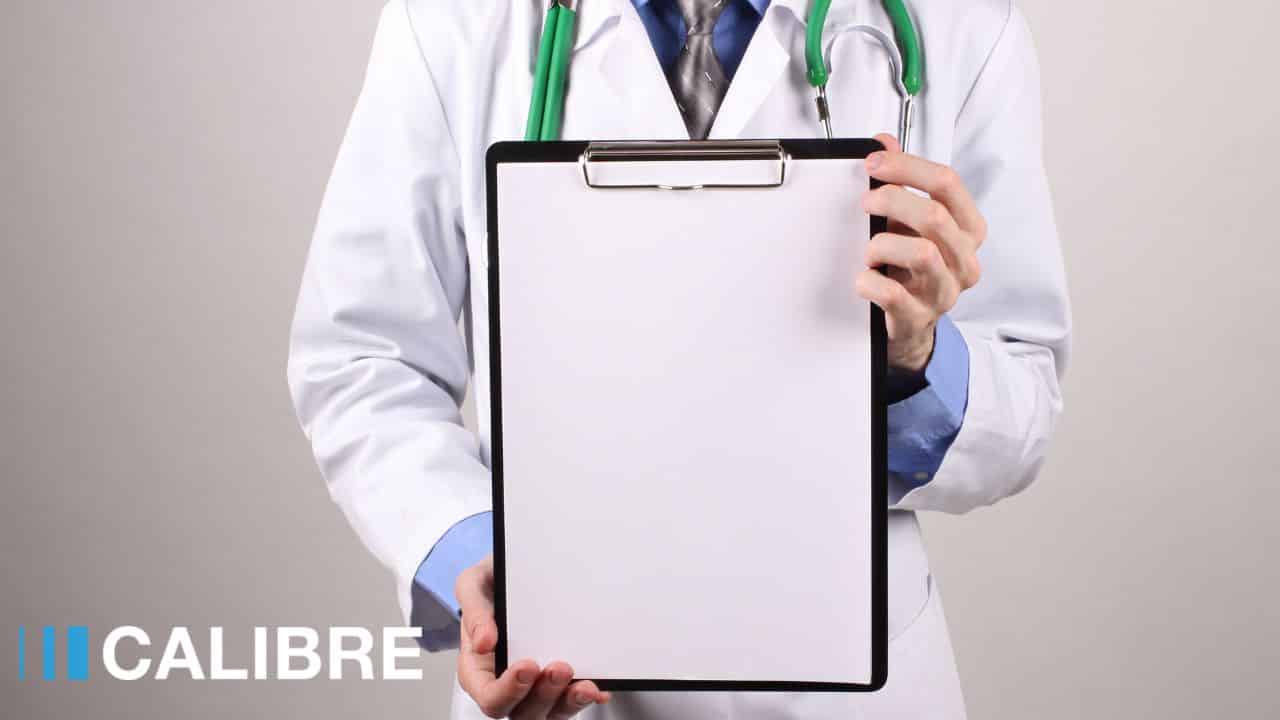Are you having frequent bouts of erectile dysfunction? You aren’t alone. Many men aged 40 to 70-years experience a level of erectile dysfunction at some point in their lives. The first step to treating your erectile dysfunction is speaking to your health care provider about it. Unfortunately, you won’t walk out of the appointment with a solution right away because erectile dysfunction doesn’t have a one-size-fits-all cure. Numerous psychological or physical factors can cause ED, so an honest discussion with your doctor is essential to finding the cause and the best treatment for you.
In this piece, we will run you through the questions you need to ask your doctor when discussing erectile dysfunction, the questions to expect from your doctor, as well as possible causes of the condition. This way, you can head into your first appointment with a better understanding of what the underlying reasons for your erectile dysfunction might be—and get you a step closer to finding the right treatment. Firstly, it may be helpful to understand how erections work before getting to why yours isn’t happening.
How does an erection work?
Inside the shaft of your penis are two cylinder-shaped chambers called the corpora cavernosa. In these chambers, a maze of blood vessels and two main arteries in each of them make up the erectile tissue. The main arteries in the erectile tissue supply blood flow to the penis. And, during arousal, the penis fills with blood to become erect.
Although it may feel like your erection is starting in your pants, it really begins in your brain. Whatever sexually stimulates you, leads to your brain sending chemical messages to the blood vessels in your penis. As the penis fills with blood, pressure builds, and the membrane surrounding the corpora cavernosa traps the blood, producing an erection.
What causes erections not to work?
Many things can impact the ability and quality of your erection. Psychological factors that contribute to erectile dysfunction; include stress, nerves, performance anxiety, relationship problems or depression. Physical factors limiting your erections could be excessive alcohol consumption, smoking, unhealthy lifestyle, obesity or underlying health conditions.
Can I talk to my GP about issues in the bedroom?
Yes, you can. Resist the urge to stay quiet about your erectile dysfunction and address the issue with your trusted health care provider. Simply mustering up the courage to say I think I might have ED; can be challenging. However, it is essential to start looking at causes to find the right treatments.
Your doctor should then go through your medical history with you to look for any underlying health conditions which can contribute to erectile dysfunction.
Questions to expect from your doctor when you bring up erectile dysfunction:
- Do you have any current chronic illnesses or health conditions?
- What health issues/operations have you had in the past?
- Are you on any medication?
- How is your mental health?
- Are you experiencing extra stress at the moment?
- How is the relationship between you and your sexual partner?
- Are you a smoker?
- Do you use illicit drugs?
- How often and how much alcohol do you drink?
- When did you first notice symptoms of ED?
- How often do you experience erectile dysfunction?
- Do you still feel arousal?
Do you need to see a specialist?
Your GP can diagnose erectile dysfunction without the need for a specialist. A urologist is a specialist surgeon who treats problems in the male reproductive system. They also treat people with kidney, bladder, or prostate issues. You may get a referral to a urologist if your doctor can’t diagnose the cause of your erectile dysfunction themselves or if they believe it is necessary. Urologists commonly treat erectile dysfunction, with men opting for them when their doctor was less than helpful in their approach to treatment.
How do they diagnose erectile dysfunction?
To diagnose ED, your doctor will ask questions regarding your medical and sexual history, and they will conduct a physical exam to assess your overall health. The physical may involve genital and prostate examination. They may also conduct a brief nerve sensation test. Whilst it may feel invasive, remind yourself doctors see to all parts of the body, and it’s their job. Your penis isn’t the first seen in their profession, and it most likely won’t be the last one unless they retire that week.
With an assessment of your ED symptoms, medical history and brief physical examination, a doctor may be able to diagnose the cause of your ED or suggest further tests. As erectile dysfunction may be an early symptom of an underlying health condition, doctors will want to rule out any diseases or health conditions that could be impacting your ability to maintain an erection. These health issues may include problems that impact the nerves, conditions affecting blood flow, obesity, diabetes, high cholesterol, high blood pressure, prostate disease or Peyronie’s disease.
What are the further tests a doctor may prescribe?
Blood tests
- Urine tests
- Ultrasound
- Psychological assessment
What treatment options are available to me?
With an accurate understanding of what is causing your erectile dysfunction, a doctor can prescribe the best treatment for your situation. Options include oral medications, a referral to a psychologist, penis pumps, implants, platelet rejuvenation therapy (PRP) or sonic erectile dysfunction treatment (LISWT). At CALIBRE, we specialise in the last two options for erectile dysfunction treatment for men. We understand what it’s like to have ED hold you back in the bedroom. You know erectile dysfunction is a problem for you, and you want to fix it now? At CALIBRE Clinic, you don’t need a referral to book an appointment with us. Book your first consultation here.
Erectile dysfunction Free Guide
How PRP can help erectile dysfunction
Foods that can help with erectile dysfunction
